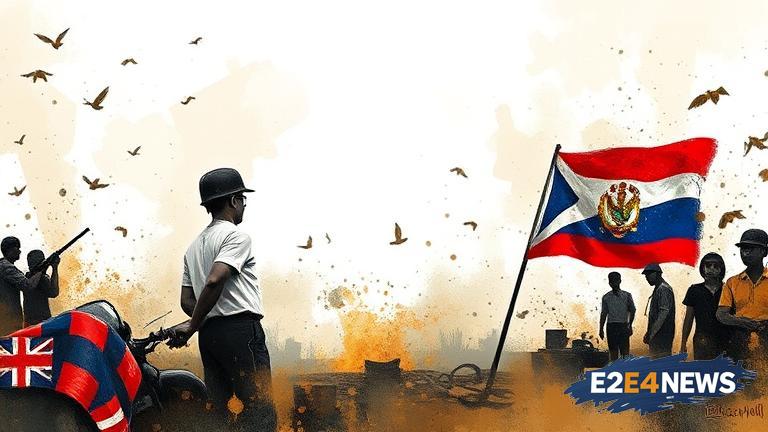The Cambodia-Thailand conflict has been a longstanding issue, with both countries engaging in a series of diplomatic and economic maneuvers to assert their influence in the region. Despite the absence of full-scale war, the conflict has significant implications for the stability and security of Southeast Asia. The dispute centers on a range of issues, including border demarcation, resource management, and cultural heritage. Cambodia has long been concerned about Thailand’s attempts to exert control over the disputed Preah Vihear temple, a UNESCO World Heritage site. Thailand, on the other hand, has sought to protect its sovereignty and interests in the region. The conflict has also been marked by a series of skirmishes and clashes between the two countries’ militaries, resulting in significant economic and human costs. However, both countries have thus far avoided escalating the conflict into all-out war, instead opting for a range of diplomatic and economic strategies to achieve their objectives. This approach has significant implications for our understanding of power dynamics and conflict resolution in the modern era. The Cambodia-Thailand conflict highlights the importance of diplomacy and negotiation in resolving complex disputes. It also underscores the need for creative and innovative approaches to conflict resolution, including the use of economic sanctions, trade agreements, and cultural exchanges. Furthermore, the conflict demonstrates the significance of regional and international organizations in promoting stability and security in the region. The Association of Southeast Asian Nations (ASEAN) has played a key role in promoting dialogue and cooperation between Cambodia and Thailand, and has helped to mitigate the risk of escalation. The conflict also has significant implications for our understanding of the role of power and influence in international relations. It highlights the importance of soft power, including cultural and economic influence, in shaping the behavior and decisions of other countries. At the same time, it underscores the ongoing relevance of hard power, including military force and coercion, in achieving strategic objectives. The Cambodia-Thailand conflict is also significant because of its potential impact on the broader region. The conflict has significant implications for the stability and security of Southeast Asia, and could have far-reaching consequences for the region’s economic and political development. In addition, the conflict has significant implications for our understanding of the role of history and culture in shaping international relations. The dispute over the Preah Vihear temple, for example, is deeply rooted in the complex and often contentious history of the region. The conflict also highlights the importance of cultural heritage and identity in shaping the behavior and decisions of countries. Overall, the Cambodia-Thailand conflict offers valuable insights into the complexities of power struggles and diplomacy in the absence of war. It highlights the importance of creative and innovative approaches to conflict resolution, and underscores the significance of regional and international organizations in promoting stability and security. The conflict also has significant implications for our understanding of the role of power and influence in international relations, and highlights the ongoing relevance of both soft and hard power in achieving strategic objectives.
